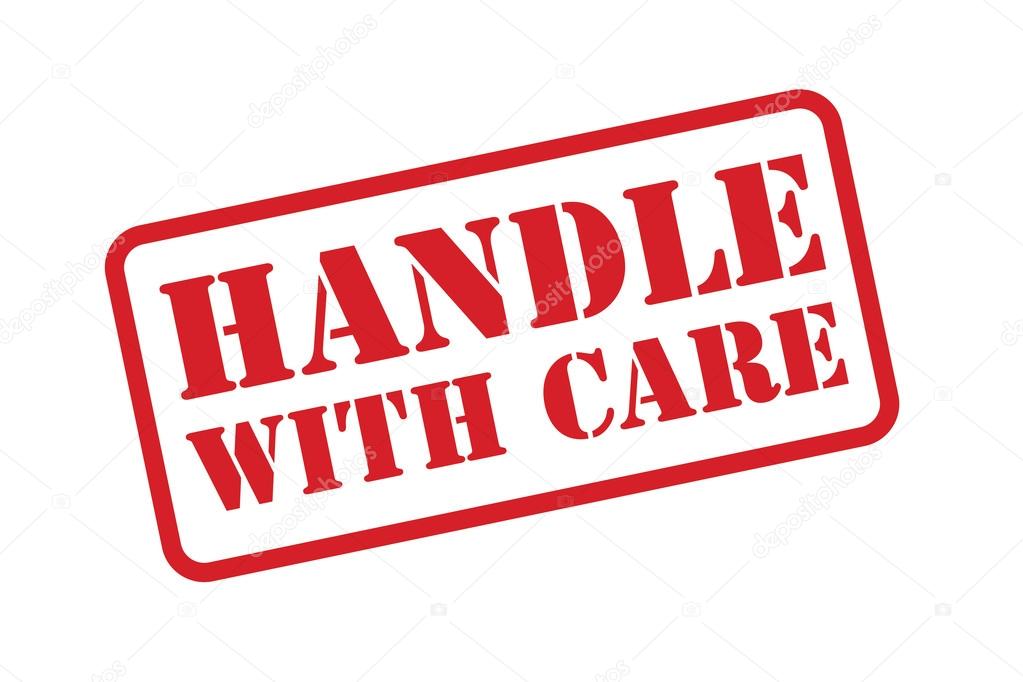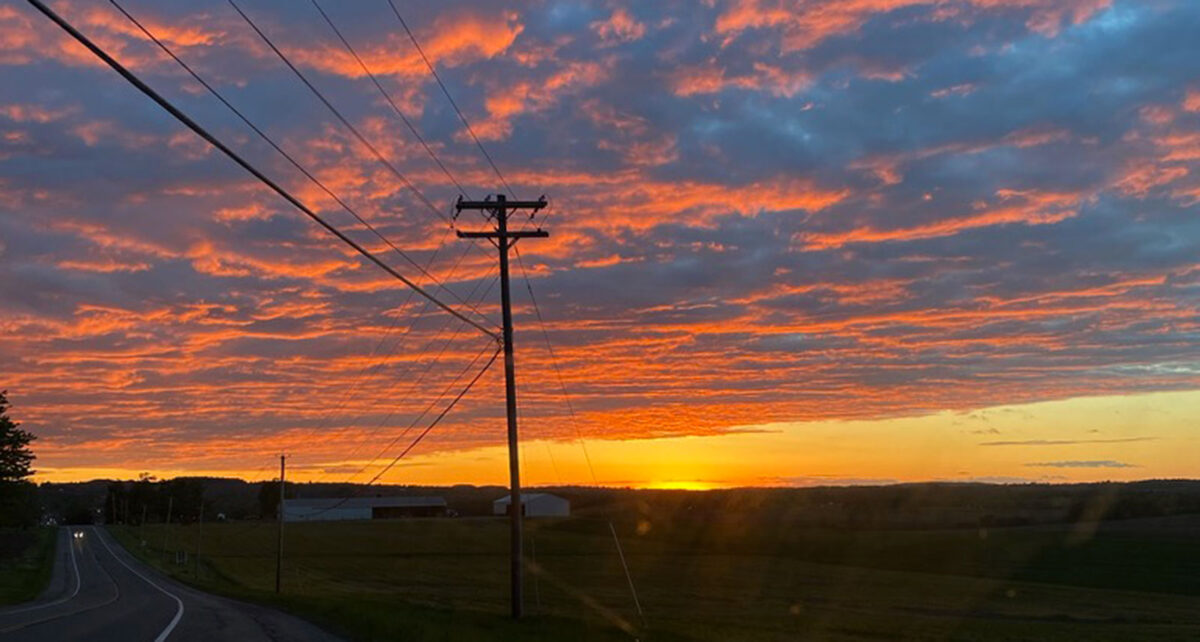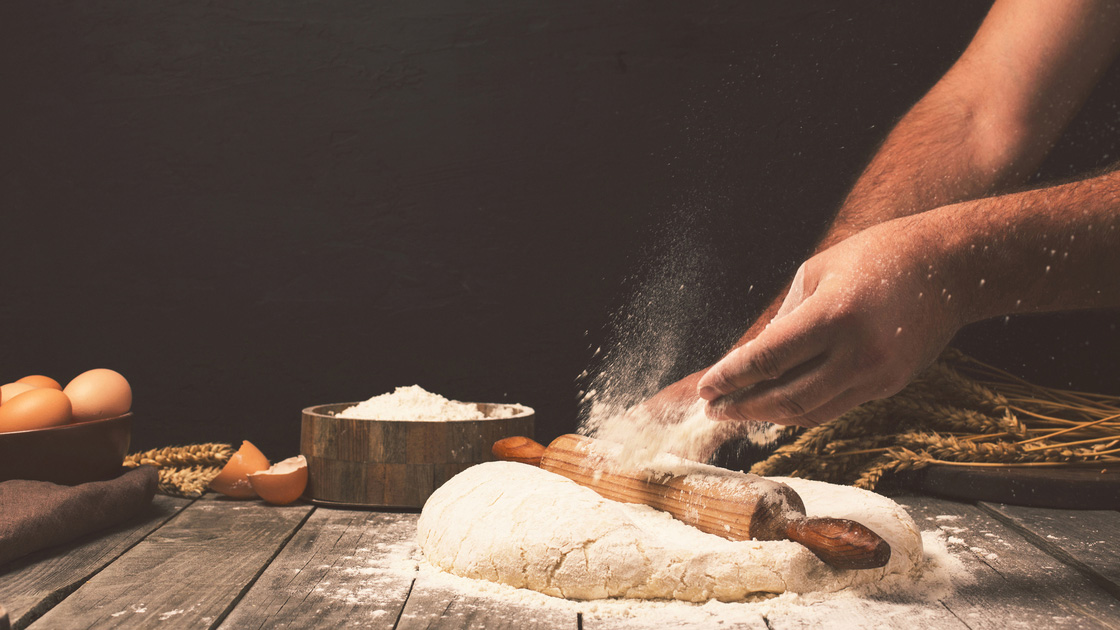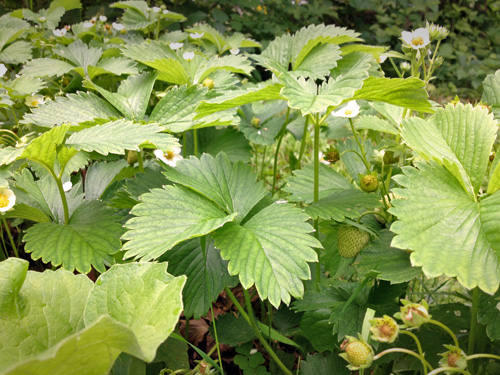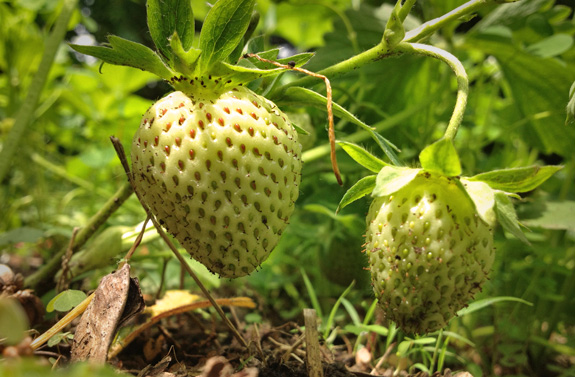Recently my wife said to me that when I relay a story in which I play a part, I always paint myself in the best light.
That comment surprised me. It was not the whole of her response to me—nor was it said in a time of conflict—but it revealed a way that I am perceived, at least by her.
Since then, I have noticed that such a perspective seems to be nearly universal. As I have listened more closely, it seems we all apparently paint ourselves in the best light, we imagine ourselves as the heroes of our story, who, at the very least, always has the best of intentions.
But Romans suggests otherwise:
for all have sinned and fall short of the glory of God—Romans 3:23, NIV
And from the Old Testament:
“The human heart is the most deceitful of all things, and desperately wicked.—Jeremiah 17:9a, NLT
And one more from John’s first letter:
If we claim we have no sin, we are only fooling ourselves and not living in the truth.—1 John 1:9, NLT
Or, from The Message, verses 8-10:
If we claim that we’re free of sin, we’re only fooling ourselves. A claim like that is errant nonsense. On the other hand, if we admit our sins—simply come clean about them—he won’t let us down; he’ll be true to himself. He’ll forgive our sins and purge us of all wrongdoing. If we claim that we’ve never sinned, we out-and-out contradict God—make a liar out of him. A claim like that only shows off our ignorance of God.
Even knowing this, I do believe that Jen is correct: I do always “paint myself in the best light”, and I do so because this is how I think of myself. But presuming the truth of Scripture, this can not be correct.
There are many ways that knowing this can improve our interactions with each other. First, to know this about myself, I can humbly recall that my rosy image of myself may very possibly be either slightly or completely wrong. That gives me reason to step back and consider that I may be the one in the wrong.
Secondly, this can affect the way I hear others, and allow me to respond more gently. If I am presuming my own perfection (or near-perfection, or at least best intentions) then it is likely that the one with whom I am interacting is doing the same, despite evidence that I perceive to the contrary.
I have hesitated to publish this post because I am not sure what any of us can do about it. It may be true, yes, but… so what?
I think the reason to consider this is that we all need a reminder to be humble. Despite what it seems, we are probably not as blameless as we feel ourselves to be. If there is a conflict, or a sleight, or worse… even if we know we are not guilty, deference may be the best option.
If we place ourselves on a pedestal of total absolution, is that not a form of idolatry? Having recently read through the entire old testament, I was reminded again of what a grievous offense that is, both to God and to us.
Jesus said the best way is that we love God with everything we are—I trust him with me—and then love the people around us, as much or more than we love ourselves.1 He said that he came to serve, not to be served.2
So, next time I am in a conflict, and I know that I am right (or at least, not wrong), I hope to remember this, and to respond differently, with grace, deference, and the heart and actions of a servant.
I may need to learn to paint my self-portrait with different lighting.
My guess is that this will breathe life into the world around me. And even if it doesn’t in the moment, it can only be good to trust more in my Father than in myself.
He is after all, the light of the world.3



